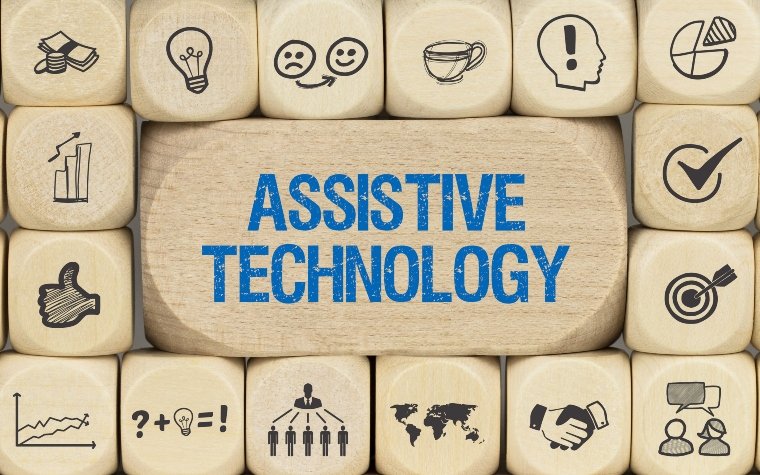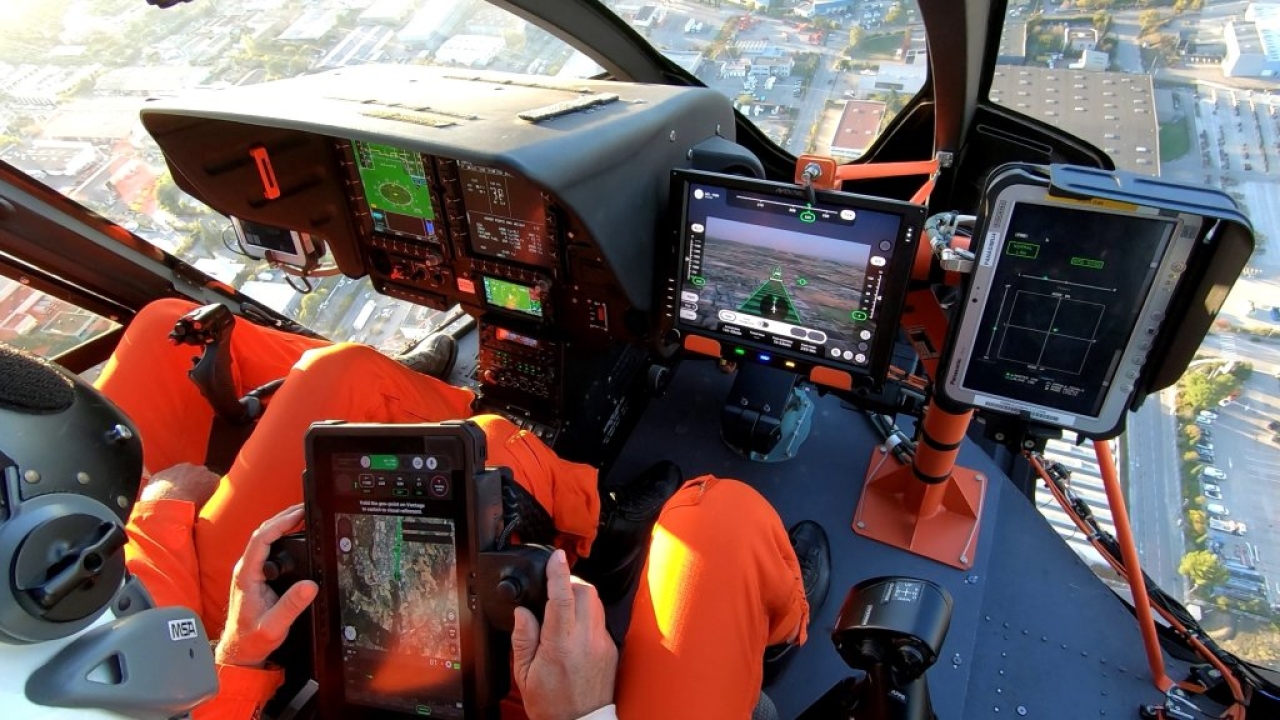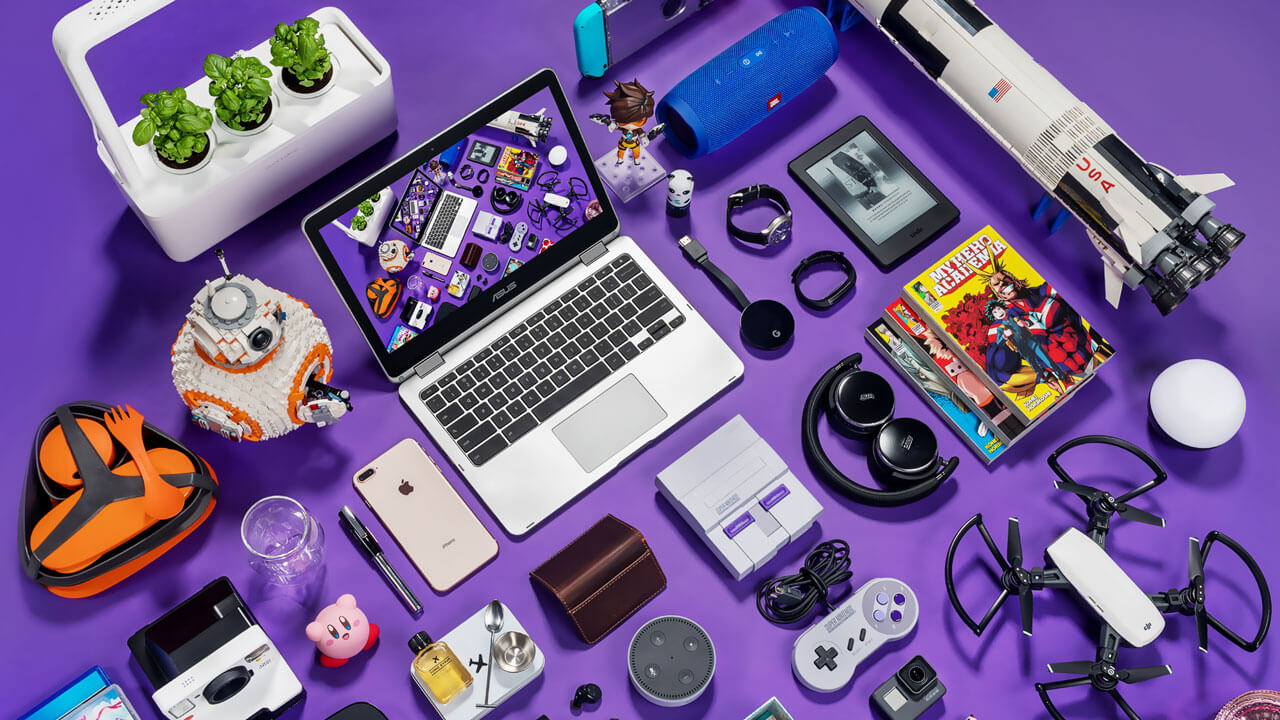
In the present computerized age, assistive technology professionals are essential in engaging people with handicaps to lead more free and satisfying lives. These experts combine specialized aptitude with empathy to make custom-fitted arrangements that address the interesting requirements of every person.
From portability to assistive technology professionals’ technical gadgets, assistive innovation encompasses many apparatuses to improve availability and advance inclusivity.
The Significance of Assistive Innovation Experts
Assistive innovation experts are critical in improving the lives of people with handicaps. Through their abilities, they make modified arrangements that advance freedom and further develop availability. These experts help people overcome obstacles and participate fully in society.
Improving Personal satisfaction
Improving personal satisfaction is the essential objective of assistive innovation experts. Assistive technology professionals empower individuals with disabilities to overcome barriers and achieve independence through tailored solutions and innovative technologies like mobility aids and communication devices, fostering confidence in daily activities.
Advancing Autonomy

Freedom is a focal goal of assistive innovation experts. By providing tailored solutions, experts enable individuals with disabilities to participate independently. People can explore their surroundings and convey information using versatility, specialized gadgets, and other assistive advancements.
Advancing autonomy improves people’s satisfaction as well as cultivates fearlessness and confidence. Assistive innovation experts work cooperatively with clients to recognize hindrances and foster systems to conquer them, advancing independence and pride. Experts empower individuals to lead fulfilling lives and engage in communities by promoting independence and highlighting assistive technology’s impact.
Giving Modified Arrangements
Giving modified arrangements is vital to the job of assistive innovation experts. They carefully evaluate individual requirements and inclinations to suggest custom-fitted assistive innovations. Experts guarantee the greatest adequacy and client fulfilment by adjusting answers for explicit prerequisites.
Whether choosing versatility helps or designing specialized gadgets, their aptitude guarantees exact arrangements that improve autonomy. Through continuous cooperation and backing, experts enable people to explore difficulties confidently.
By providing personalized solutions, assistive technology professionals improve the lives of individuals with disabilities, fostering inclusivity and participation in society. These solutions address immediate needs and adapt to changing circumstances, reflecting the commitment to independence and dignity for all.
Qualification Capabilities and Abilities of Assistive Innovation Experts
Assistive innovation experts have different capabilities and abilities fundamental to their job. They normally hold degrees in fields like word-related treatment or specialized curriculum, combined with technical skills in assessing, choosing, and modifying assistive advances. Compelling correspondence and compassion are likewise vital to their capacity to help people with disabilities.

Instructive Foundation
In assistive innovation, a solid instructional foundation is fundamental for experts to help people with handicaps successfully. Most experts hold degrees in fields such as, for example, word-related treatment, restoration design, or custom curriculum.
This educational foundation equips professionals with the knowledge and skills to understand client needs and recommend appropriate assistive technologies. Ongoing professional development ensures experts stay updated with advancements in the field and maintain proficiency in evaluating, selecting, and customizing assistive devices.
With a robust educational background, professionals are better equipped to address unique challenges and enhance an individual’s quality of life through innovative solutions.
Specialized Mastery

Specialized skills are the foundation of the job of assistive innovation experts, empowering them to assess, select, and redo assistive advancements to address individual issues. Capability with specific gear and programming prepares experts to suggest arrangements that upgrade usefulness and ease of use.
Experts must stay current with emerging technologies and industry trends to offer cutting-edge solutions. Their expertise goes beyond technical skills to include problem-solving and innovative thinking, enabling them to address challenges effectively. With technical proficiency, assistive technology professionals empower individuals with disabilities, emphasizing the critical role of expertise in improving lives.
Relational abilities
Powerful relational abilities are vital for assistive innovation experts to work with cooperation and understanding with clients, parental figures, and medical care suppliers. Clear and compassionate correspondence cultivates trust and guarantees that singular requirements and inclinations are completely perceived.
Experts should pass on specialized data in the available language, listen effectively to client concerns, and adjust correspondence styles to address assorted issues. Solid relational abilities empower experts to assemble significant connections, enable clients to pursue informed choices, and explore complex medical service frameworks.
By focusing on open exchange and shared regard, assistive innovation experts improve the nature of care and advance positive results for people with handicaps, building up the significance of correspondence as a foundation of expert practice in the field.
Types of Assistive Technologies
Assistive technologies encompass many tools and devices to enhance accessibility and promote independence. Some common types include:
Portability Helps: Wheelchairs, walkers, and prosthetic gadgets empower people with versatility impedances to explore their environmental elements with no sweat and certainty.
Specialized Gadgets: Discourse-creating gadgets, text-to-discourse programming, and elective specialized strategies enable people with discourse or language problems to communicate their thoughts.
Tangible Improvements: Portable amplifiers, magnifiers, and material devices help people with tactile weaknesses access data and adapt to their current circumstances.
How Assistive Innovation Experts Help People
Assistive innovation experts help people by leading careful appraisals to distinguish their particular requirements and difficulties. They prescribe and alter assistive innovations customized to improve autonomy and availability. Through active preparation and progressing support, these experts engage people to use these advancements in their day-to-day routines.
Appraisal and Assessment
Assistive innovation experts start by leading complete evaluations to recognize clients’ assets, difficulties, and objectives. Through inside and out assessments, they gain insights into clients’ practical capacities and distinguish likely boundaries to autonomy.
Gadget Determination and Customization

Because of evaluation discoveries, experts suggest assistive advances that align with clients’ requirements and inclinations. They cautiously select gadgets and highlight those that upgrade usefulness while considering variables like ease of use, sturdiness, and moderateness.
Preparing and Backing
Assistive innovation experts give involved preparation and continuous help to guarantee an effective mix and usage of assistive advances. Through customized guidance and investigating help, they engage clients to amplify the advantages of their gadgets in different settings.
Challenges in the Field
Despite critical progress, the field of assistive innovation faces a few difficulties, including:
Openness Issues: Restricted admittance to assistive advancements in specific districts or networks limits open doors for people with handicaps to profit from these assets.
Subsidizing Imperatives: Monetary restrictions frequently ruin people’s capacity to gain assistive advances, prompting differences in access and moderation.
Innovative Headways: Quickly advancing advancements present two open doors and difficulties, expecting experts to keep up with the most recent events and similarly adjust their practices.
Future Patterns in Assistive Innovation
Looking forward, a few patterns are shaping the fate of assistive innovation, including
The joining of reproduced information and artificial consciousness developments—mechanized thinking and computerized reasoning—enables the progress of additional customary and adaptable assistive movements for expecting clients’ necessities and propensities.
Wearable Gadgets: Wearable advancements, for example, brilliant prosthetics and sensor-prepared pieces of clothing, offer additional opportunities for improving versatility, correspondence, and well-being.
Customized Arrangements: The shift towards customized medication and individualized care is driving the advancement of assistive innovations custom-made to explicit client profiles and inclinations.
Effect of Assistive Innovation on Society.

The far-reaching reception of assistive innovation has significant ramifications for society, including:
Consideration and Variety: By eliminating obstructions to cooperation and encouraging more noteworthy inclusivity, assistive innovation advances variety and enables people with handicaps to participate completely in friendly, instructive, and proficient exercises.
Monetary Advantages: Admittance to assistive advancements empowers people with inabilities to seek training, business, and free-living, increasing financial efficiency and decreasing dependence on help administrations.
Moral Examinations: As assistive headways become more integrated into everyday presence, ethical considerations, including security, freedom, and consent, become dynamically huge, requiring mindful reflection and trade.

Conclusion
Assistive innovation experts are critical to changing the lives of people with disabilities. Through their aptitude and devotion, they make customized arrangements that advance autonomy, improve availability, and encourage inclusivity.
These experts empower individuals to overcome barriers and fully participate in society by addressing unique needs. As technology advances, the impact of assistive technology professionals will grow, enhancing quality of life worldwide. Their commitment to equitable access underscores the importance of promoting dignity, independence, and equal opportunity.
2. How do assistive technology professionals assess individuals' needs?
Professionals conduct comprehensive evaluations to identify clients' strengths, challenges, and goals, informing the selection and customization of assistive technologies.
3. What are some challenges in the field of assistive technology?
Challenges include accessibility issues, funding constraints, and the need to adapt to rapidly evolving technologies.
4. How does assistive technology contribute to societal inclusion?
By removing barriers to participation and fostering greater accessibility, assistive technology promotes diversity and empowers individuals with disabilities to fully engage in society.
5. What are the future trends in assistive technology?
Future trends include the integration of AI and machine learning, wearable devices, and personalized solutions tailored to individual needs and preferences.







